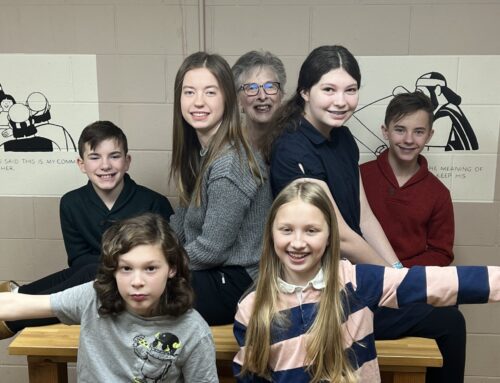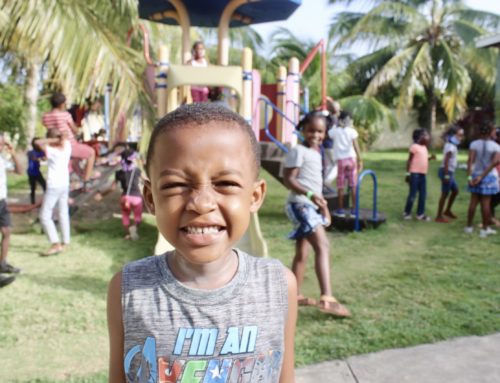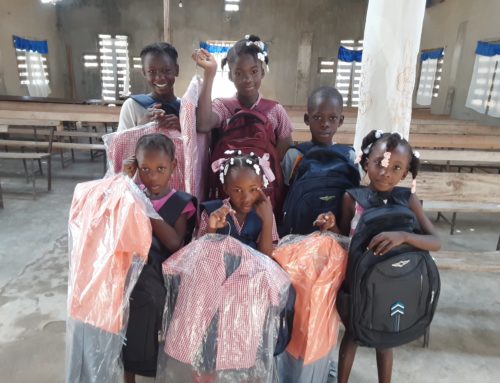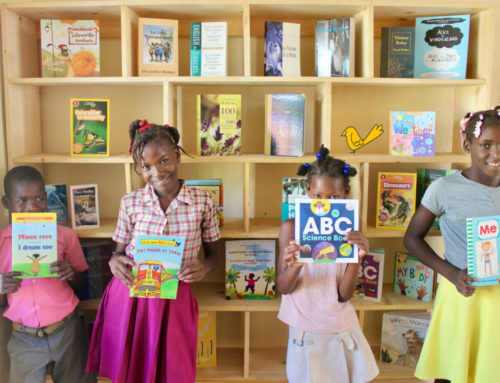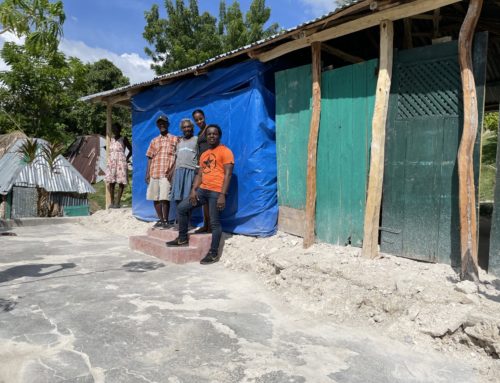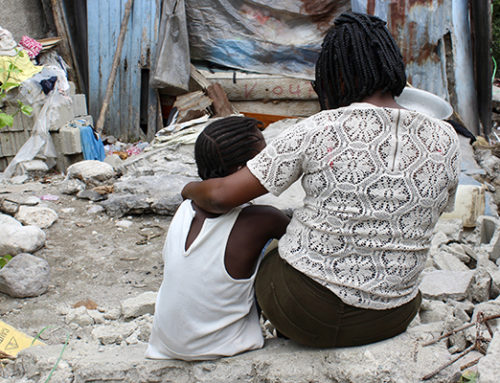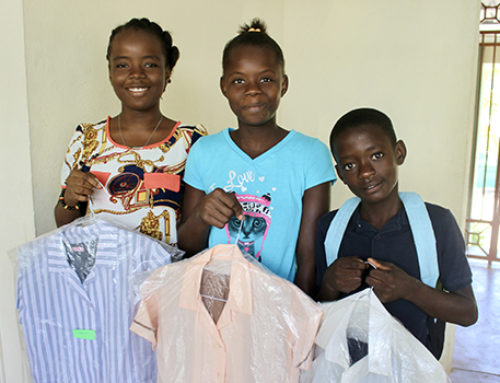
Now that you
know what to pack for your next trip to Haiti, it’s time to
learn a few phrases in Haitian Creole that will help you make the most of your
time in the country and build relationships with the people you meet along the
way.
Haitian Creole
is the first (and sometimes the only) language spoken by at least 95% of the
population in Haiti. Unless you are bringing along a translator, or plan on
having a translator travel with you once you arrive, educating yourself on a
handful of phrases will assist you in navigating and getting acclimated during
your trip.
If you’ve taken
French, then the language spoken by most Haitians may seem familiar to you
already. That’s because Haitian Creole is French-based, with a few African
languages mixed in. A Creole language is a language that typically develops
when two or more people groups with their own distinct languages are forced to
create a new form of communication. Haitian Creole was primarily developed on
the sugar plantations in Haiti, since French colonists and African slaves were
often in communication with each other. It became an official language of Haiti
in 1987.
Although the
pronunciation of Haitian Creole is very similar to its French ancestor, it is
often considered an easier language because it has fewer sounds and more
phonetic spelling. You’ll notice below that the way a word is spelled is often
how it sounds, which should make learning a bit of Creole that much simpler.
Now that you
know a small part of the history of Haitian Creole, let’s jump into learning
some key phrases.
- Bonjou (before
noon) and Bonswa (after noon) — Hello.[bon-ju; bon-swah]- Kijan ou rele? — What is your name? [kee-jan
ou reh-lay]
- Kijan ou ye? — How are you? [kee-jan ou
yay]
- Mèsi — Thank
you. [meh-see]
- Souple
— Please. [soo-play]
The great thing
about these phrases is that they are relatively easy to learn, but will help
make your time in Haiti infinitely more productive and enjoyable.Practice these
phrases (and more if you’d like!) and have conversations with the people you
run into during your next visit to this beautiful country. Take a few extra minutes
at the market getting to know the owner. Spend some time playing soccer with
children in the neighborhood. In doing some of these things, you’ll find that
the adults and children in Haiti are
some of the most special people you will meet.If you spend
time getting to know them and their stories, you’ll likely also pick up on the
same problems of poverty and child
slavery that we are dedicated to fighting here at Restavek Freedom.Restavek, a form of modern-day child slavery, is still a serious
problem, and one that we do not take lightly. If you are interested in
partnering with us to see the end of
slavery in Haiti, contact us or visit our website to read more
about what we do and about our Child Advocacy Program. - Kijan ou rele? — What is your name? [kee-jan


